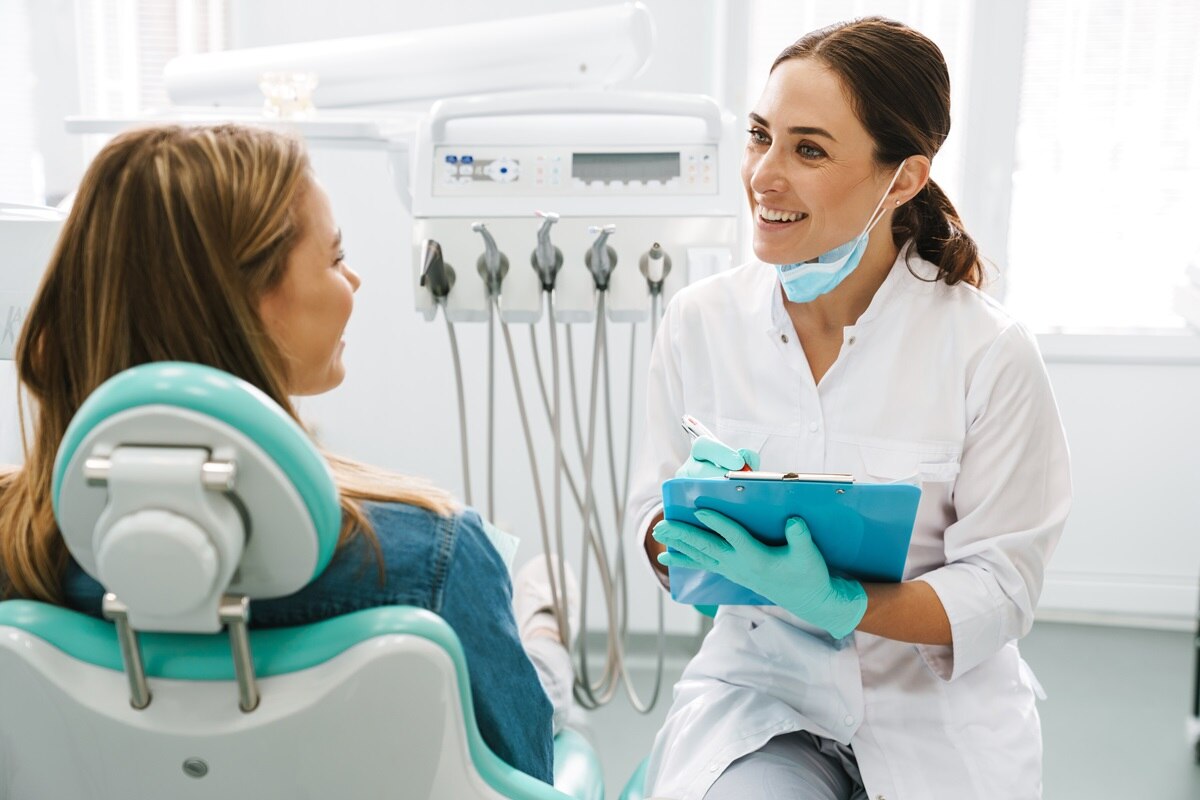Oral cancer, a potentially fatal disease, often flies under the radar despite its serious implications. The prevalence of this condition continues to rise, emphasizing the pressing need for awareness, early detection, and proactive measures. Understanding the risk factors associated with oral cancer is pivotal to combating its prevalence and safeguarding public health.
What is Oral Cancer?
Oral cancer refers to a variety of oral malignancies. Although they often manifest on the tongue, floor of the mouth, and lips, they can also begin in the gums, cheeks, tonsils, roof of the mouth, or salivary glands and need to be treated by an expert dentist near you. Cancers of the mouth are sometimes included in the broader category of head and neck cancers.
Side Effects of Oral Cancer
Severe adverse effects caused by oral cancer go beyond the physical realm. Problems with swallowing and speech can cause patients to lose weight and suffer from nutritional deficits. Everyday tasks can be hindered by the prevalence of pain and discomfort in the ears, throat, and mouth.
Radiation therapy and other medical procedures can cause oral complications like gum disease and tooth loss. Mood swings, anxiety, and despair are common, and physical and mental changes only make things worse. The body’s ongoing fight against the disease causes fatigue and weakens immunity, which together pose a threat to patients’ general health.
Risk Factors
1. Tobacco Use
Tobacco in any form, whether smoked or chewed, significantly heightens the risk of oral cancer. The harmful chemicals present in tobacco products contribute to cell mutations, paving the way for cancerous growth.
2. Alcohol Consumption
Heavy and prolonged alcohol consumption has been identified as another prominent risk factor for oral cancer. When combined with tobacco use, the risk escalates substantially.
3. HPV Infection
Ask any dentist in Airdrie, and he will confirm that certain strains of the human papillomavirus (HPV), notably HPV-16, have been linked to oral cancer. This viral infection can increase the likelihood of developing malignancies in the oral cavity.
4. Sun Exposure
UV exposure can cause lip SCC. Lip SCC patients are usually older, fair-skinned men who work outdoors. Multiple UV exposures can fade the vermilion border and produce lip atrophies and ulcerations. Because they can’t repair UV-induced DNA changes, genetic illnesses like xeroderma pigmentatosum increase skin SCC risk. Avoid sun exposure, use sunscreen, and wear protective clothing.
Radiation treats oral SCC and nasopharyngeal carcinoma. This treatment increases primary cancer and sarcoma risk. Radioactivity dose and latency affect this.
5. Poor Oral Hygiene
Neglecting oral hygiene, including infrequent dental check-ups and poor dental care, can contribute to the development of oral cancer. Persistent irritation caused by ill-fitting dentures or chronic dental issues can also be risk factors.
6. Diet and Nutrition
A diet lacking in fruits and vegetables, essential vitamins, and minerals may increase the susceptibility to oral cancer. Conversely, a balanced diet rich in nutrients can potentially lower the risk.
Who Should Get Screened?
Given the gravity of oral cancer and its potentially late diagnosis, individuals must undergo screenings, particularly if they fall into high-risk categories:
- Tobacco and Alcohol Users – Individuals who smoke or use tobacco in any form, especially when combined with heavy alcohol consumption, should undergo regular screenings.
- HPV-Infected Individuals – Those with a history of HPV infection, particularly HPV-16, should prioritize an oral cancer screening in Airdrie.
- Prolonged Sun Exposure – Individuals with prolonged exposure to the sun, leading to damage to the lips, should consider regular screenings.
- Poor Oral Hygiene – Those with a history of neglecting oral hygiene practices or experiencing persistent oral issues should seek screenings as a precautionary measure.
- Family History – Individuals with a family history of oral cancer or any cancer-related syndromes should be vigilant and opt for regular screenings.
Early detection remains paramount to improving the prognosis and survival rates of oral cancer. Routine dental check-ups can serve as an opportune moment for oral cancer screening near you, enabling timely identification and intervention.
Get Your Oral Cancer Screening Today
In the end, all that matters is we realize the significance of getting oral cancer screened at the earliest. We all know how different cancers are capable of taking up the lives of thousands of humans. Hence, getting screened and treated is the only way to have a cancer-free future.
Remember, knowledge and vigilance are our strongest allies in the fight against oral cancer. At Airdrie Choice Dental, our professionals can detect any serious risks of oral cancer and help you with potential remedies.

